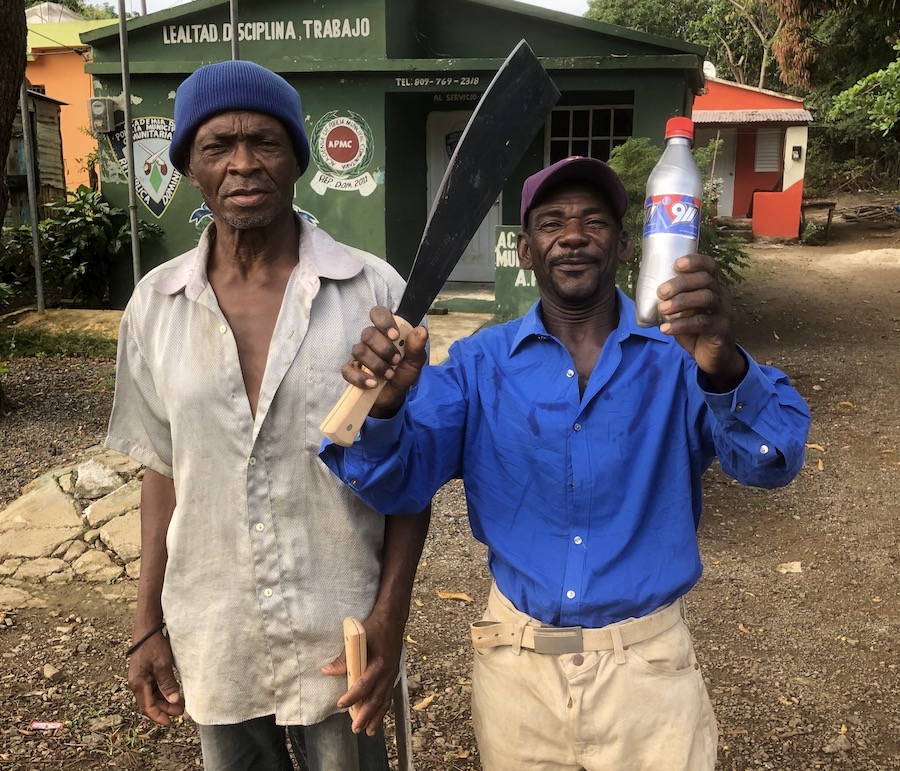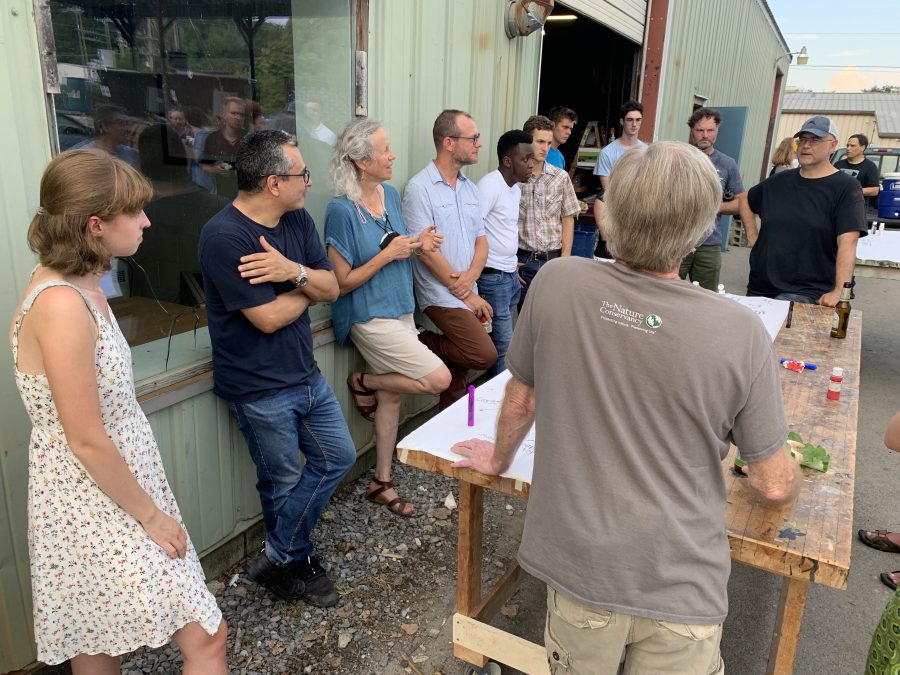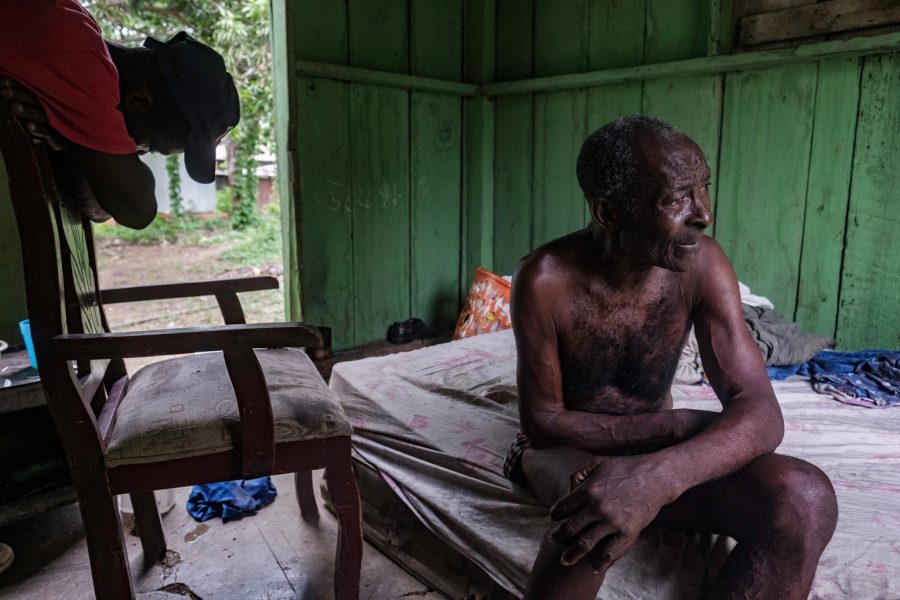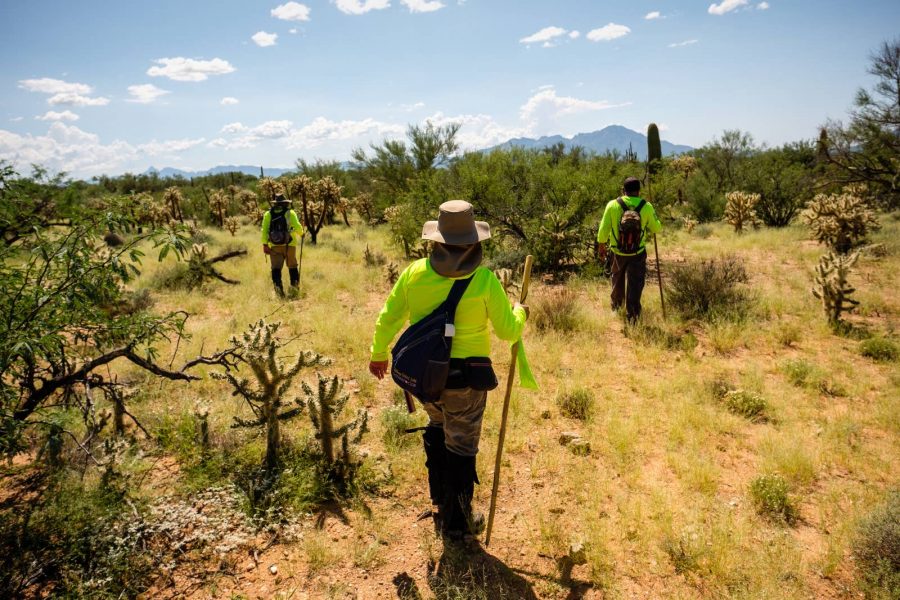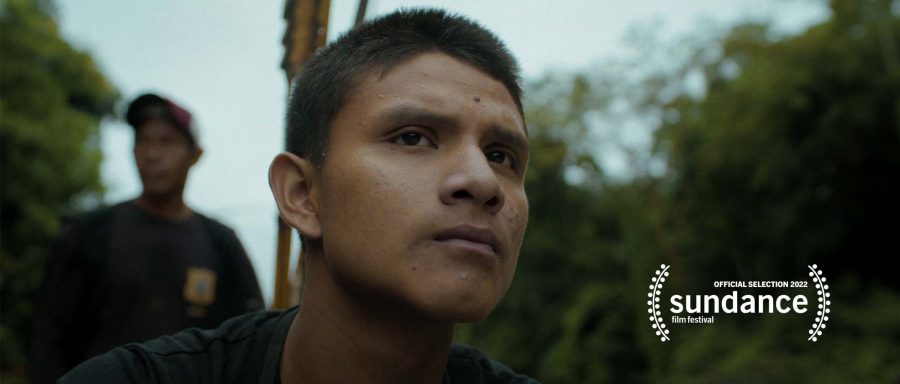
The Territory, a documentary feature film that provides an up-close look at the fight for the Brazilian Amazon, has been accepted in competition at the 2022 Sundance Film Festival in the World Cinema Documentary category, festival organizers have announced. The film will premiere online on January 22. Homelands has served as the project’s nonprofit fiscal sponsor.
The Territory documents a conflict between the indigenous Uru-eu-wau-wau people and a group of land invaders. It was co-produced by a team of international filmmakers and the Uru-eu-wau-wau community. Competition for a slot at Sundance is always extremely high, and 2022 was reportedly the most selective year in the festival’s history.
The Uru-eu-wau-wau have seen their population dwindle and their culture threatened since coming into contact with non-Native Brazilians. Though promised dominion over their own rainforest territory, they have faced illegal incursions from environmentally destructive logging and mining, and, most recently, land-grabbing invasions spurred on by right-wing politicians like President Jair Bolsonaro. With deforestation escalating as a result, the stakes have become global.
With unprecedented access, The Territory drops the audience into the center of this conflict. Young indigenous leaders like Bitate and Ari, along with their mentor, environmental activist Neidinha, risk their very lives to defend the rainforest. On the other side, Sergio leads an association of indigent farmers eager to establish a settlement, while others like Martin, impatient and entitled, strike out on their own, clearcutting the forest to establish a homestead. With the government unwilling to stop this brazen encroachment, the Uru-eu-wau-wau set up their own media team, using technology to expose the truth and fight back.
Sundance 2022 will be online only, so you can join in from anywhere in the U.S. from January 20-30. Ticket packages go on sale December 17 at festival.sundance.org.
